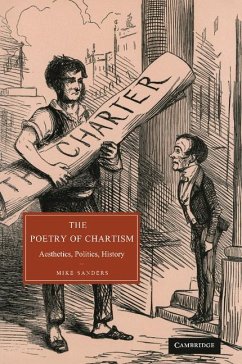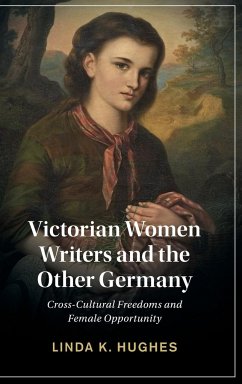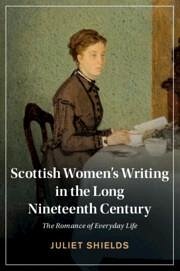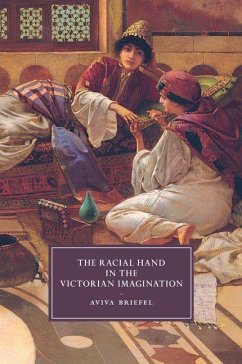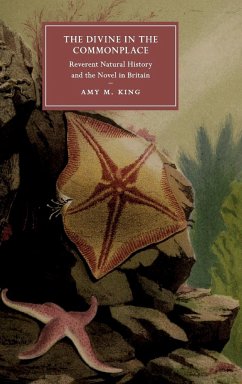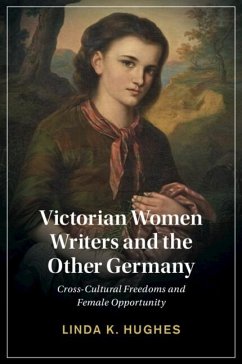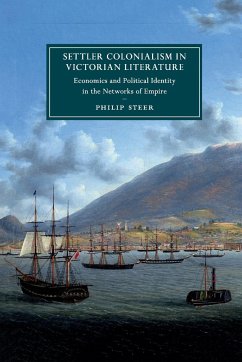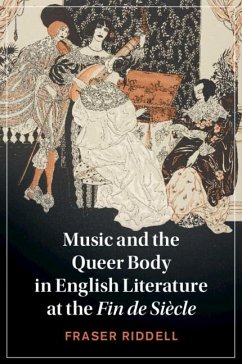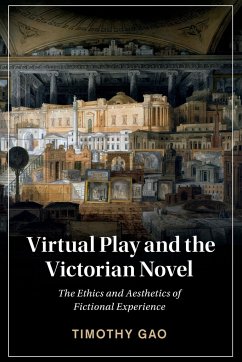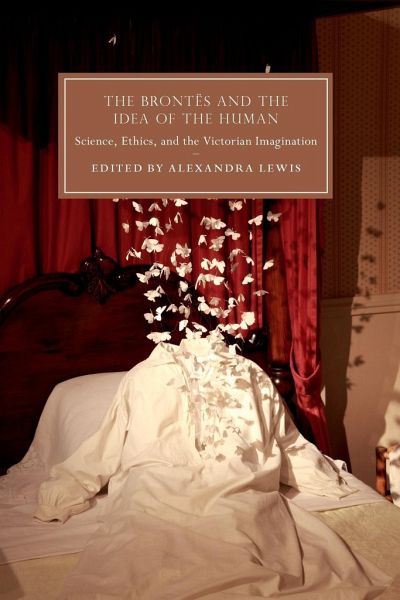
The Brontës and the Idea of the Human
Versandkostenfrei!
Versandfertig in 1-2 Wochen
43,99 €
inkl. MwSt.

PAYBACK Punkte
22 °P sammeln!
Investigating links between literature, science, psychology, religion, law, and ethics, this study re-evaluates nineteenth-century understandings of what it means to be human. Leading scholars argue for the centrality of the idea of the human within the works of the Brontë sisters, offering new insight on their writing and cultural contexts.





